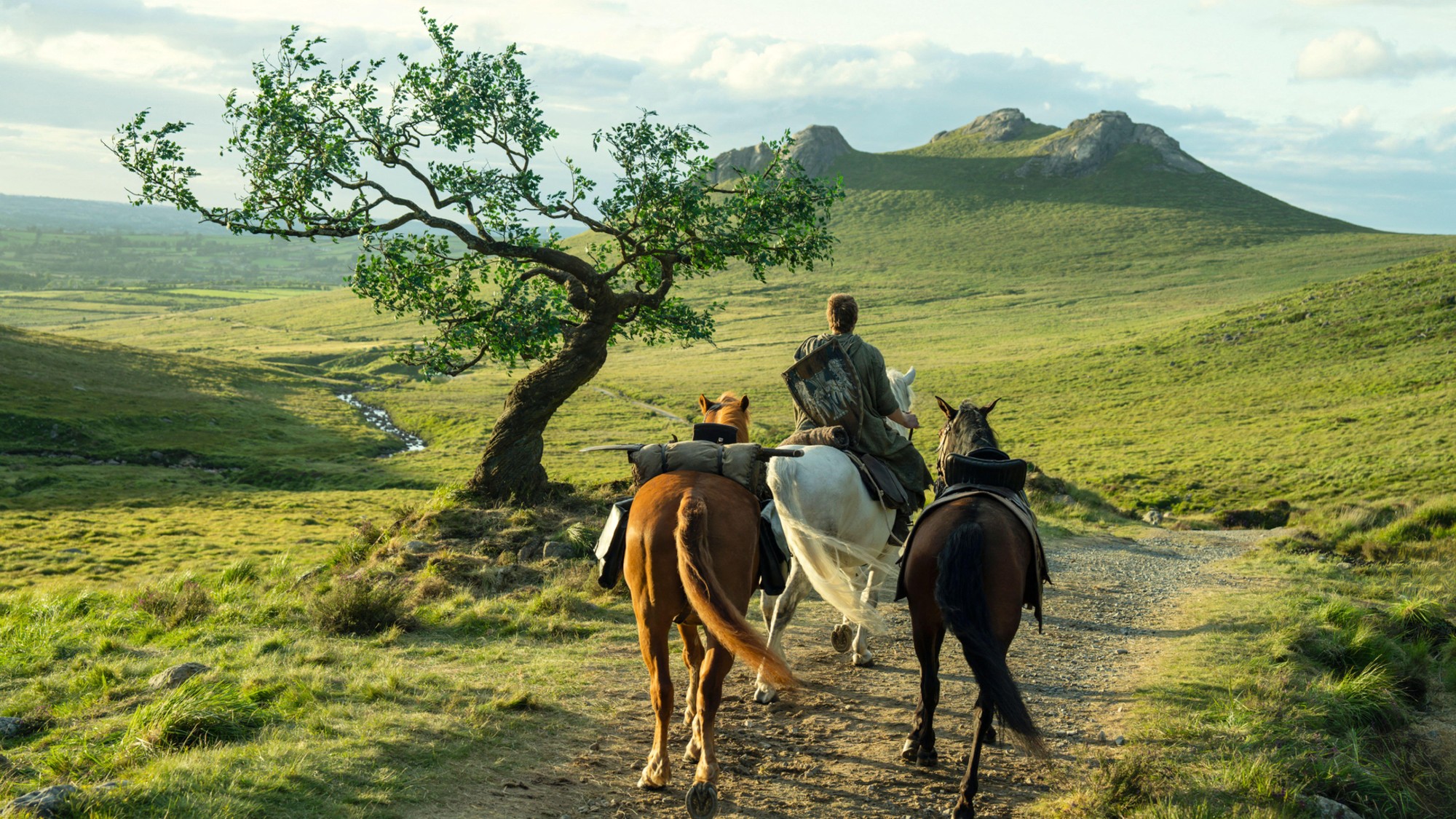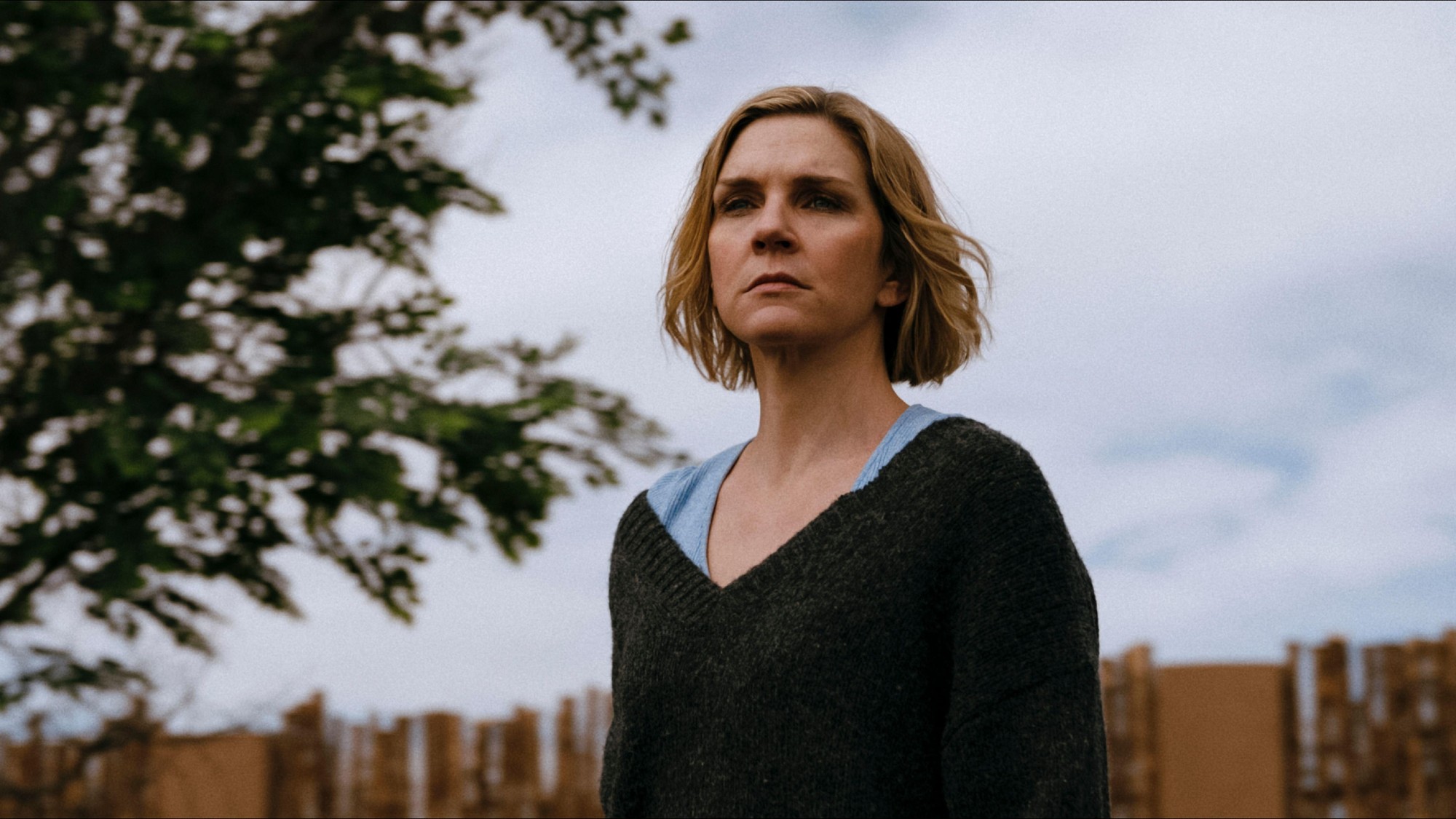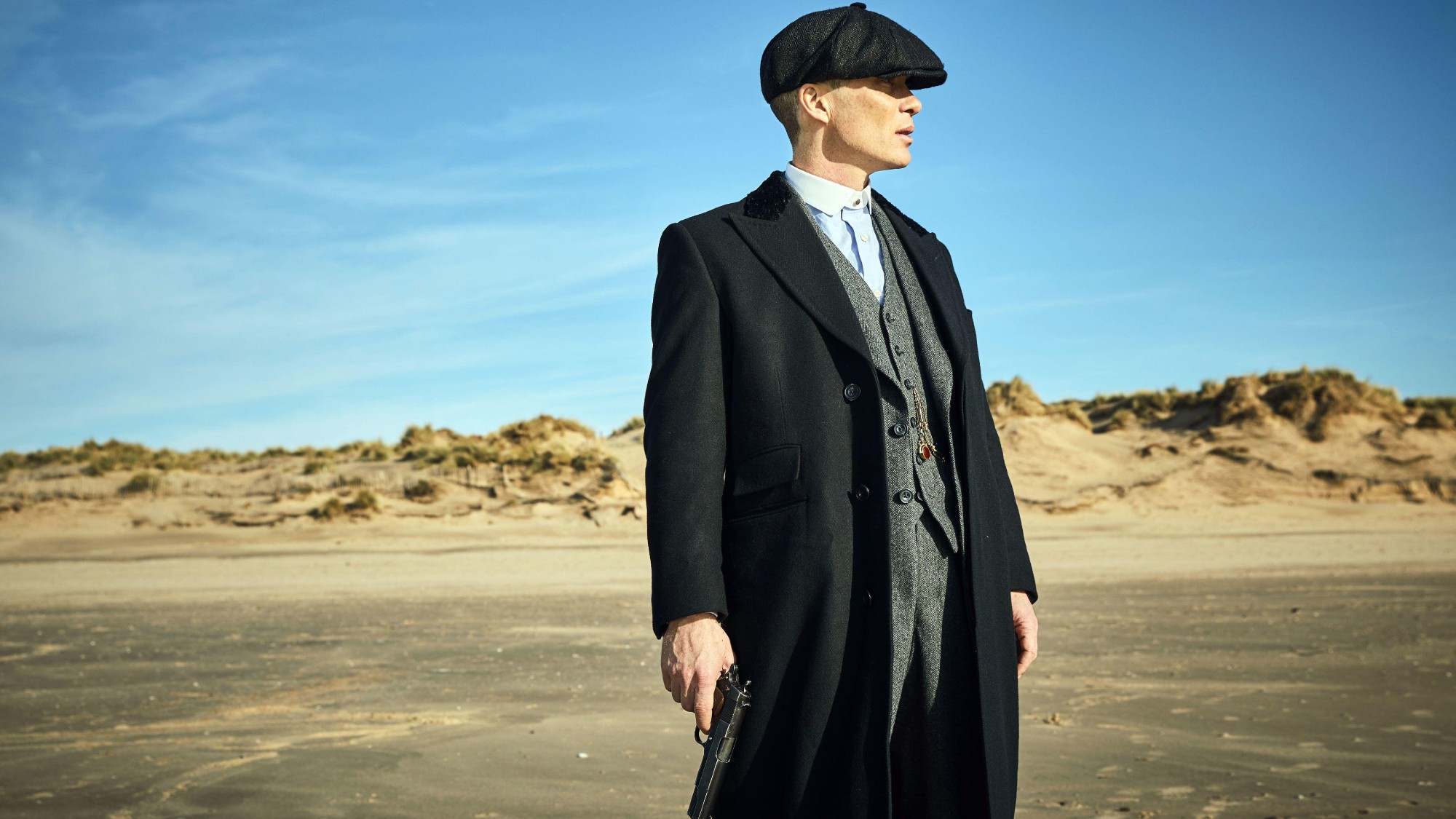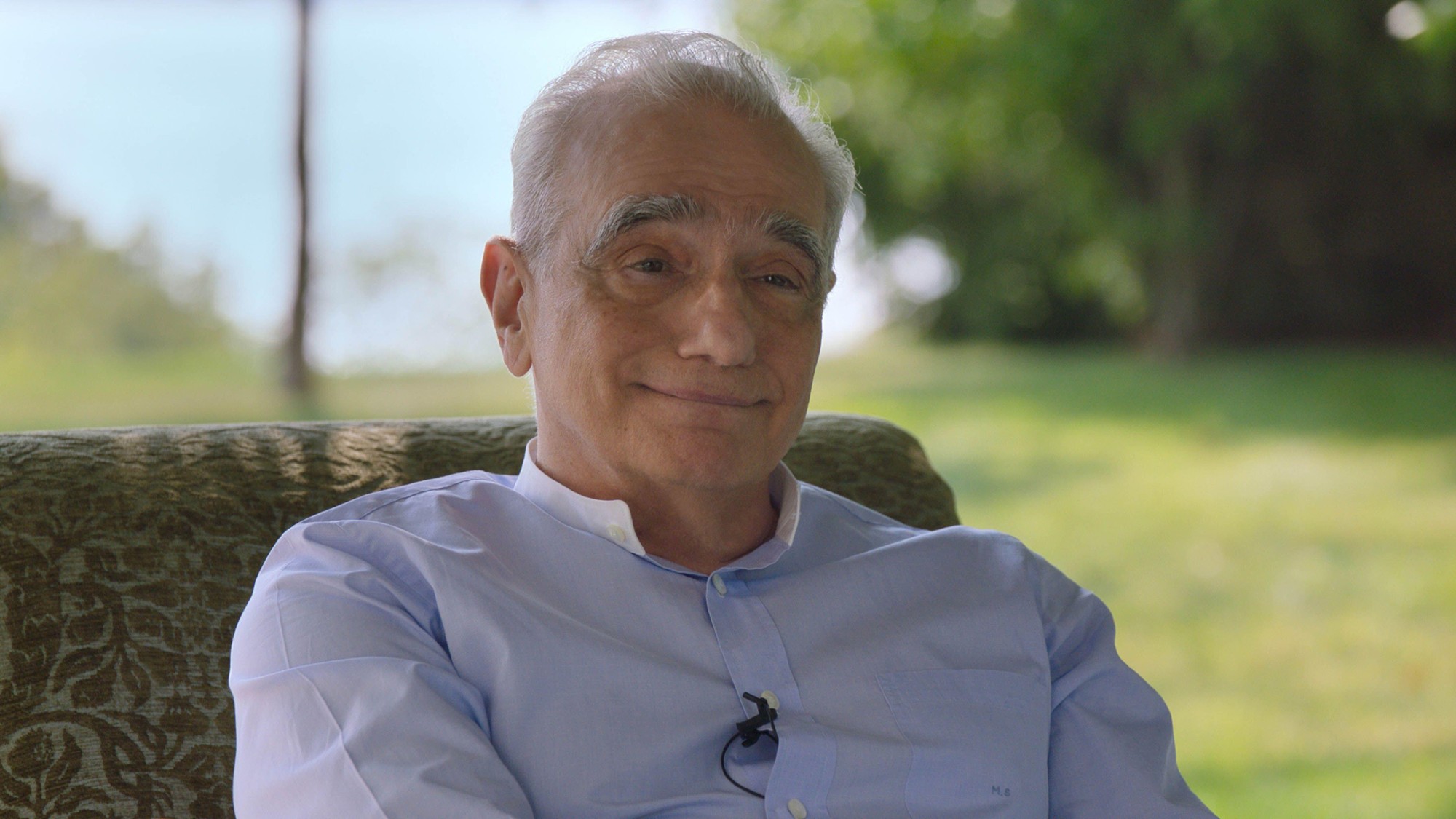Vice News: a distinctive voice but will it be heard?
The founder of Vice, Shane Smith, wants to build 'the next CNN'. Ambitious - but he might just do it

A free daily email with the biggest news stories of the day – and the best features from TheWeek.com
You are now subscribed
Your newsletter sign-up was successful
A FEW years ago I spent a week being trained in the art of video journalism. The Times, my employer at the time, was trying to usher its hidebound print reporters into a bold new era of multimedia digital journalism. That's not quite how it worked out.
Since our tutors were old hands from ITV and the BBC, they taught us to replicate the formats and cliches of those venerable old beasts. And since we’d all gone into print rather than broadcast for a reason, what we ended up producing was, for the most part, a decidedly inferior imitation.
If our goal was to re-imagine broadcast journalism for the digital age, we missed it by a mile.
The Week
Escape your echo chamber. Get the facts behind the news, plus analysis from multiple perspectives.

Sign up for The Week's Free Newsletters
From our morning news briefing to a weekly Good News Newsletter, get the best of The Week delivered directly to your inbox.
From our morning news briefing to a weekly Good News Newsletter, get the best of The Week delivered directly to your inbox.
Now it’s the turn of Vice News, and they look set to get much closer to the mark.
The Vice Media empire stated life 20 years ago as a low-budget magazine based in Montreal and partly funded by the Canadian government. It cultivated a young and culturally savvy audience, moved its offices to New York City and, having made a profitable transition to the web (the company is forecast to make a profit of $125m on revenues of half a billion dollars this year), is charging headlong into the video news market.
The company, which has been making feature-length video documentaries for some time, last week heralded the arrival of Vice News.
“Featuring the next generation of hosts, correspondents and producers from its 35 foreign bureaus, Vice News will report globally on issues such as war and conflict, crime and drugs, civil unrest and the environment,” it announced to the world.
A free daily email with the biggest news stories of the day – and the best features from TheWeek.com
“The channel will fill a void left by mainstream media and news aggregation websites struggling to engage youth audiences and offer high-quality compelling digital programming.”
If that sounds ambitious, then listen to the company’s founder, Shane Smith. “I want to build the next CNN," he says. "It’s within my grasp.”
Is it? Well, Vice TV certainly has a touch of the freshness and vitality that CNN injected into the broadcast news business back in the early 1990s - and which it has since lost.
Vice reporters are recognisably different from those on other video news channels. They’re much younger, for a start. More significantly, and unlike many digital video upstarts, they’re not trying to ape their TV network forbears.
Reports are longer and looser, without the scripted, choreographed feel of many news clips. At its best, for example in this dispatch from the Central African Republic, Vice News replaces the faux authority of traditional TV news with a refreshing curiosity and openness. At its worst it substitutes one form of ego with another. One trailer for the new service veers queasily close to treating news as a violent, real-world video game.
Vice has always flirted with self-parody and its news output is no different, but at least it has a distinctive voice.
Few big media companies produce more than a smattering of material intended specifically for online consumption. Newspaper sites still consist largely of text and images that could have appeared in print. Broadcasters fillet their bulletins and rolling news channels and populate their websites with second-hand clips.
By comparison, Vice News will be digital from the ground-up, built for a generation that watches video on a smartphone as often as on TV.
Smith has talked of becoming “the default source for news on YouTube”, attracting billions of viewers and millions of dollars in advertising revenue. So far, the Vice News YouTube channel has 200,000 subscribers - a healthy start, but a long way short of that goal.
Nevertheless, the old guard have taken note. CNN and HBO, the American pay-TV channel that brought us The Sopranos and The Wire, are both now carrying video made by Vice, and Smith says that mainstream media companies have queued up to invest in his company.
Rupert Murdoch is a fan. Perhaps he sees in Vice something of the spirit of News Corp in its early buccaneering days. Whatever the reason, last year he paid $70m for a five per cent stake in Vice Media, valuing the company at $1.4 billion - nearly six times what Jeff Bezos paid for the Washington Post.
Murdoch has stumbled before in the digital arena, buying MySpace just as it began to falter, for example, or - from a great remove - imagining that someone like me might contribute to the future of TV news. This time, though, he may have backed a winner.
Holden Frith tweets at @holdenfrith
Holden Frith is The Week’s digital director. He also makes regular appearances on “The Week Unwrapped”, speaking about subjects as diverse as vaccine development and bionic bomb-sniffing locusts. He joined The Week in 2013, spending five years editing the magazine’s website. Before that, he was deputy digital editor at The Sunday Times. He has also been TheTimes.co.uk’s technology editor and the launch editor of Wired magazine’s UK website. Holden has worked in journalism for nearly two decades, having started his professional career while completing an English literature degree at Cambridge University. He followed that with a master’s degree in journalism from Northwestern University in Chicago. A keen photographer, he also writes travel features whenever he gets the chance.
-
 Local elections 2026: where are they and who is expected to win?
Local elections 2026: where are they and who is expected to win?The Explainer Labour is braced for heavy losses and U-turn on postponing some council elections hasn’t helped the party’s prospects
-
 6 of the world’s most accessible destinations
6 of the world’s most accessible destinationsThe Week Recommends Experience all of Berlin, Singapore and Sydney
-
 How the FCC’s ‘equal time’ rule works
How the FCC’s ‘equal time’ rule worksIn the Spotlight The law is at the heart of the Colbert-CBS conflict
-
 The 8 best hospital dramas of all time
The 8 best hospital dramas of all timethe week recommends From wartime period pieces to of-the-moment procedurals, audiences never tire of watching doctors and nurses do their lifesaving thing
-
 Scoundrels, spies and squires in January TV
Scoundrels, spies and squires in January TVthe week recommends This month’s new releases include ‘The Pitt,’ ‘Industry,’ ‘Ponies’ and ‘A Knight of the Seven Kingdoms’
-
 The 8 best drama movies of 2025
The 8 best drama movies of 2025the week recommends Nuclear war, dictatorship and the summer of 2020 highlight the most important and memorable films of 2025
-
 A postapocalyptic trip to Sin City, a peek inside Taylor Swift’s ‘Eras’ tour, and an explicit hockey romance in December TV
A postapocalyptic trip to Sin City, a peek inside Taylor Swift’s ‘Eras’ tour, and an explicit hockey romance in December TVthe week recommends This month’s new television releases include ‘Fallout,’ ‘Taylor Swift: The End Of An Era’ and ‘Heated Rivalry’
-
 Gen Z in Los Angeles, the end of ‘Stranger Things’ and a new mystery from the creator of ‘Breaking Bad’ in November TV
Gen Z in Los Angeles, the end of ‘Stranger Things’ and a new mystery from the creator of ‘Breaking Bad’ in November TVthe week recommends This month's new television releases include ‘I Love L.A.,’ ‘Stranger Things’ and ‘Pluribus’
-
 The 5 best TV shows about the mob
The 5 best TV shows about the mobThe Week Recommends From the show that launched TV’s golden age to a Batman spin-off, viewers can’t get enough of these magnificent mobsters
-
 Tim Robinson falls out of a chair, chefs compete for Michelin stars and Martin Scorsese gets the documentary treatment in October TV
Tim Robinson falls out of a chair, chefs compete for Michelin stars and Martin Scorsese gets the documentary treatment in October TVthe week recommends This month's new television releases include ‘The Chair Company,’ ‘Knife Edge: Chasing Michelin Stars’ and ‘Mr. Scorsese’
-
 The 5 best zombie TV shows of all time
The 5 best zombie TV shows of all timeThe Week Recommends For undead aficionados, the age of abundance has truly arrived